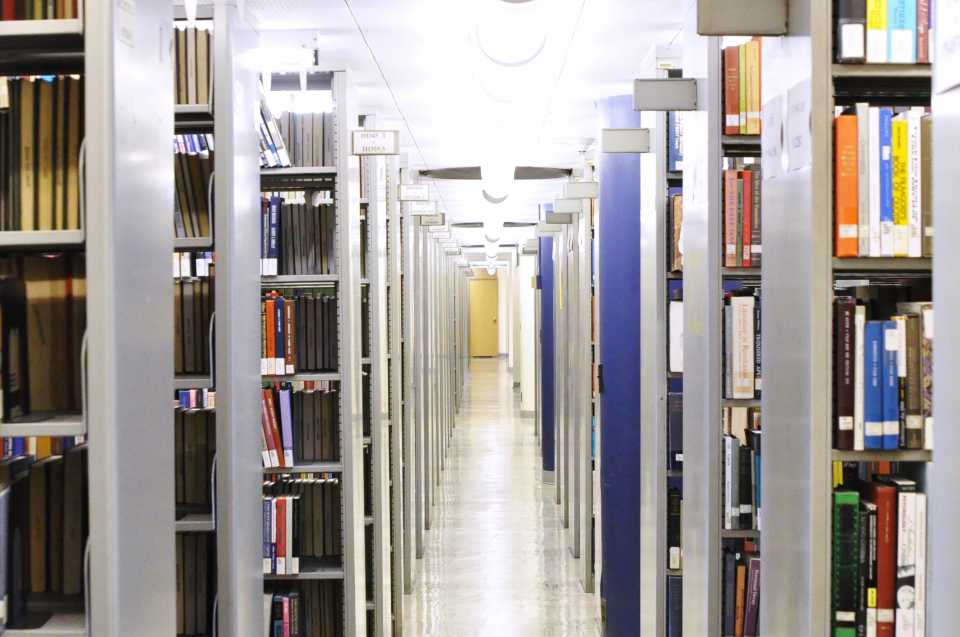Despite increases in research awards and need for resources, the library has faced difficulty in addressing these demands across campus due to a relatively stagnant budget.
“From the collections standpoint, what we’re not doing is providing a lot of the materials that faculty, graduate students and undergraduate students use…the research agenda for Georgia Tech is over 600 million dollars, and we’re not in the position to buy the materials that the faculty needs,” said Dean Catherine Murray-Rust, the Vice Provost of Learning Excellence and Dean of Libraries.
“we’re not in the position to buy the materials that the faculty needs”
These library collections are essentially all of the academic material that the library purchases per request from faculty, staff, and students, as well as subscriptions to various journals that must be renewed annually.
According to Murray-Rust, most of these collections, which require annual renewals, increase between five to six percent, double the rate of inflation, every year in subscription costs. Higher annual library funding then goes to fund the maintenance of these collections rather than their expansion.
“We have over one million dollars in requests from faculty. And the hard part of this is that it’s not one time money; it’s continuous and that’s money that increases with pricing escalation,” Murray-Rust said.
For example, in the past four years, the collection budget has failed to keep pace with the needs it supports in the research community. From fiscal year 2009 to fiscal year 2012, research awards have increased by 14.6 percent.
This effectively translates into a 32.5 percent increase in research funds coming into the institution. Tech, for its general fund, receives approximately 40 percent of this amount, according to Murray-Rust, and one and a half percent of that is given to the library.
The library’s budget, however, has only increased by 12.7 percent.
“every once in a while we have to go back and cancel various journal titles to stay within our budget”
Because of this, the library’s purchasing power, which is the incremental budget needed to meet the publishers’ annual price increase, has remained stagnant for the past few years.
“If we don’t have much leverage, we can get together with other big research libraries in the state and elsewhere and we can buy this stuff together because you can get a better deal with the more money you have on the table,” Murray-Rust said. “If our budget stays flat, it’s a de facto cut and, every once-in-a-while, we have to go back and cancel various journal titles to stay within our budget.”
According to documents released by the Institute Budget Planning & Administration, Tech, in order to meet its three percent reduction plan mandated by the Board of Regents, reduced $150,000 for library funding for covering these annual increases in subscriptions. The document acknowledged that the library would face a “reduction in information sources provided to students and faculty” and how this would have an “impact on faculty and students for research and instruction.”
Library administration is confident that, with more funding, they would be able to stop cutting subscriptions from the collections while also providing more requests to match more of the demand for research materials.
“Our view is that we serve the entire campus…so what we’re trying to do is provide the broadest service that we can,” Murray-Rust said. “We think that Georgia Tech has made this wonderful transition from a regional university to a global university into a major research institution and we’re just not quite able to provide what people need.”
